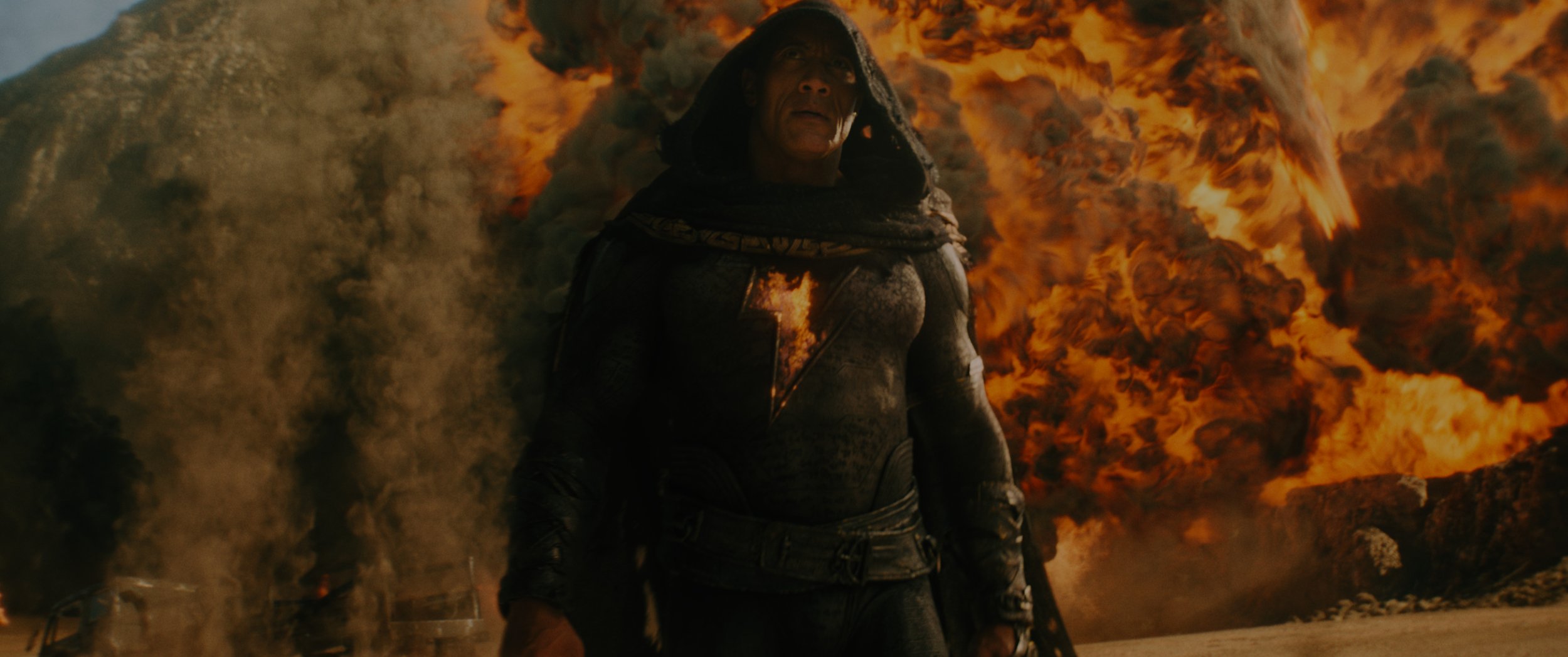Review: Clooney and Roberts, as a bickering ex-couple, bring the lightness and humor that "Ticket to Paradise' needs more of
A friend of mine brought up “His Girl Friday” in conversation the other day, and it got me thinking about the lack of charismatic leading actors who would banter the way Cary Grant and Rosalind Russell back in the day.
The only names that came to mind were George Clooney and Julia Roberts, who happen to have a new movie together, the romantic comedy “Ticket to Paradise,” which intermittently gives them a chance to show off their naturally winning chemistry.
Unfortunately, their sparkle is put in the service of a by-the-numbers story. Clooney and Roberts play David and Georgia, a bickering divorced couple reluctantly teaming up to try to dissuade their adult daughter, Lily (Kaitlyn Dever), from throwing away her law school plans to marry Gede (Maxime Bouttier), a seaweed farmer she met in Bali just a month earlier.
Director Ol Parker (“Mamma Mia! Here We Go Again”), who co-wrote with Daniel Pinsky, bring their feuding characters to Bali, and put them through some idiot moments — like having Georgia steal the young couple’s wedding rings before a pre-wedding ceremony, or setting up both couples in a hard-drinking beer pong game, or an expedition swimming with dolphins that ends ridiculously.
The script also serves up a couple of offbeat supporting characters, namely Lily’s hard-living pal Wren (Billie Lourd, Dever’s co-star from “Booksmart”) and Georgia’s blandly hunky boyfriend, Paul (Lucas Bravo), an airline pilot who shows up flying their plane to Bali. (The movie was partly filmed in Bali, and the beauty of the place is, as advertised, amazing.)
The script’s deficiencies include setting up Lily as the fun-sucking serious one in the movie, scowling whenever her parents embarrass or disappoint her. That’s an especially dumb error when you consider how much the movie squanders Dever’s abundant comedic gifts (on full display in “Rosaline,” the “Romeo & Juliet”-adjacent comedy now on Hulu).
The reason to watch “Ticket to Paradise” is to watch Roberts and Clooney, old pros and old friends, working with the script — and sometimes against it — to set each other up for some good laughs. The more they’re on the screen, the more fun the rest of us have.
——
‘Ticket to Paradise’
★★★
Opens Friday, October 21, in theaters everywhere. Rated PG-13 for some strong language and brief suggestive material. Running time: 104 minutes.







